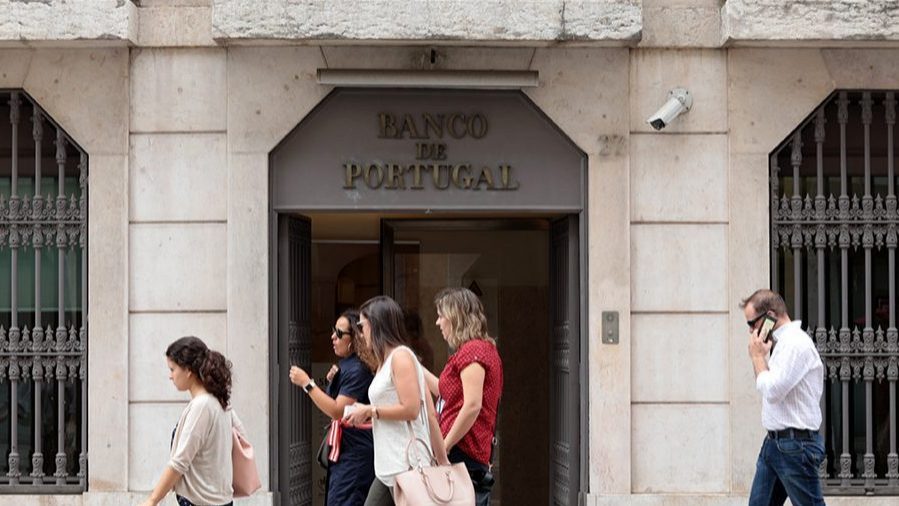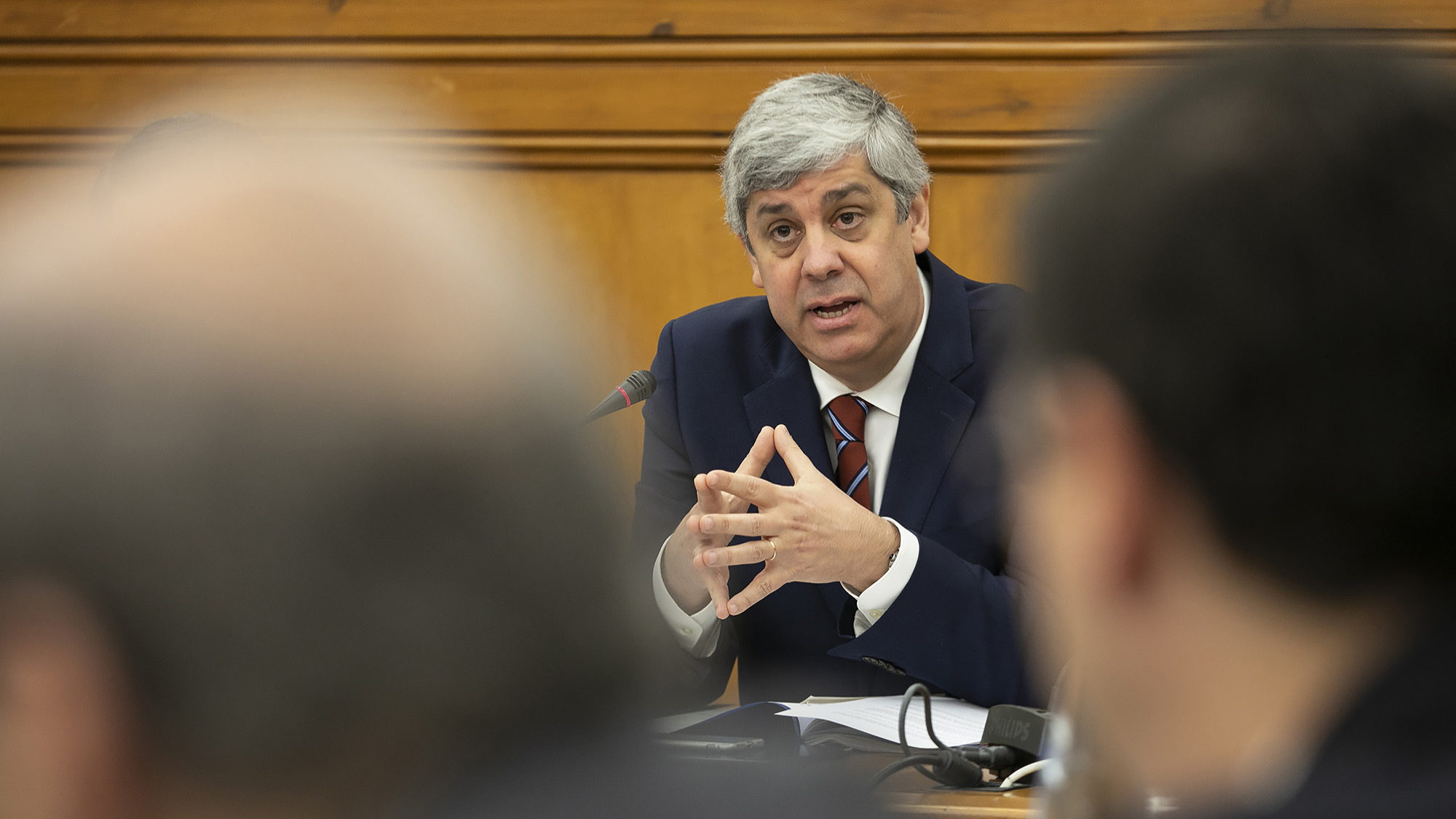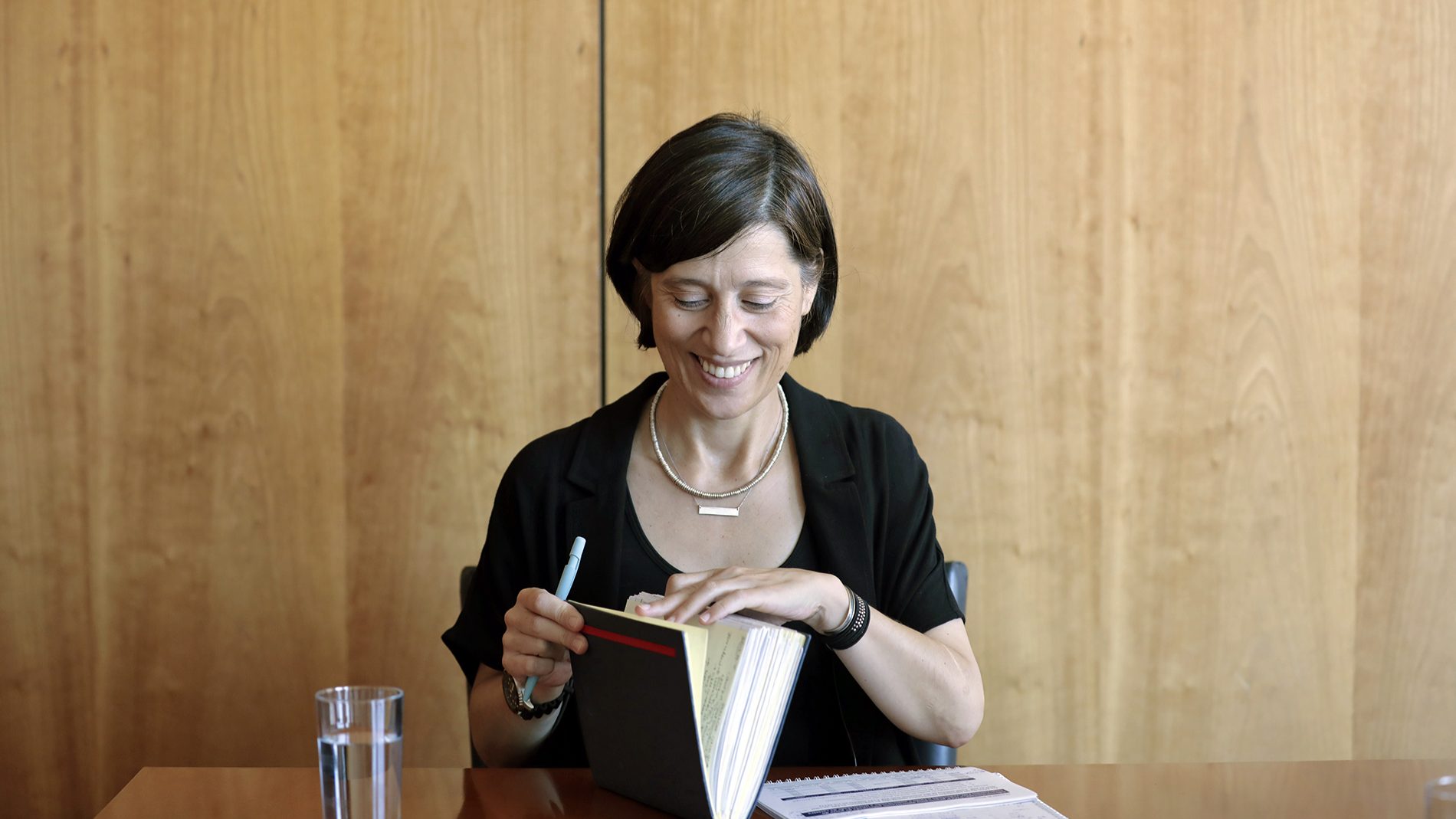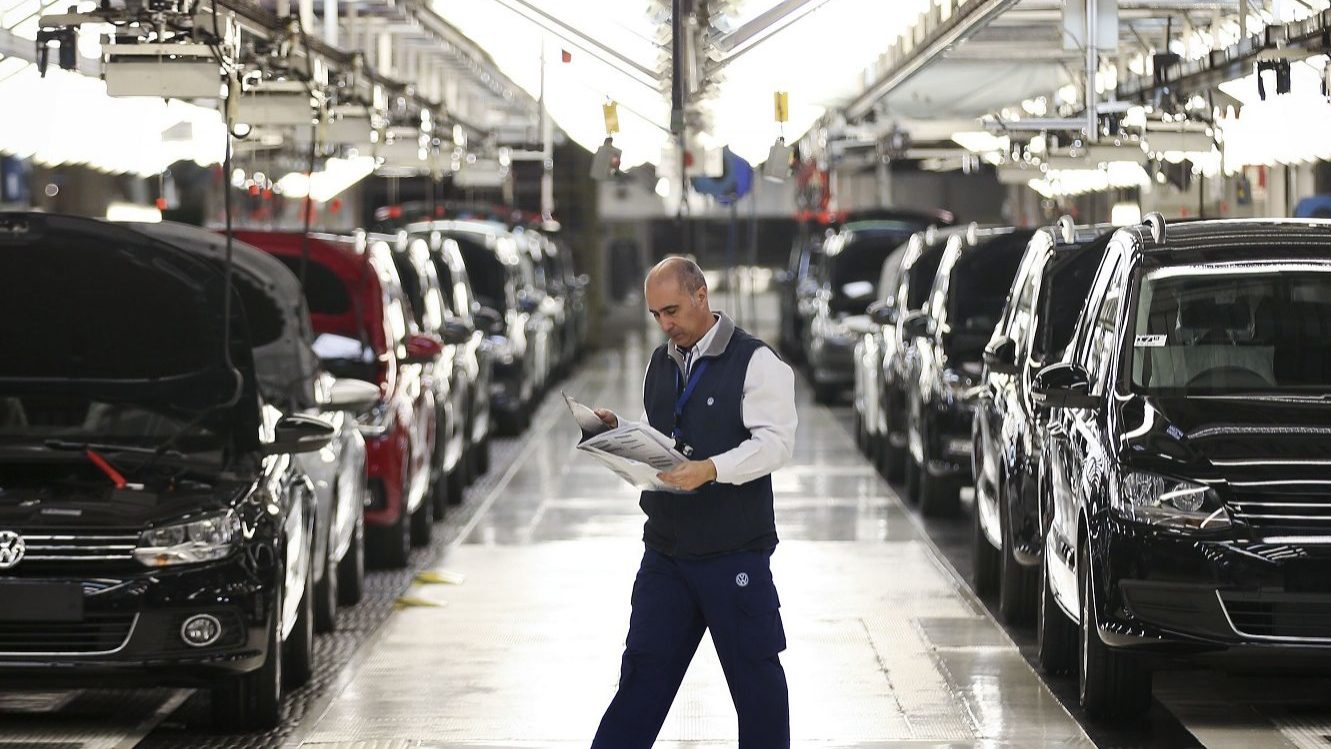Greater Lisbon gets lion’s share of funds for transport ‘revolution’
Lisbon Metropolitan Area is expected to go through a major urban mobility transformation, as ticket prices get simplified and new public transport passes are created, covering all areas of the city.
The authority for the Lisbon Metropolitan Area (AML) has announced what it terms a “revolution in urban mobility”, with a simplification of ticket prices and the creation of a new public transport pass covering the area’s 18 municipalities.
The measures foreseen from 1 April include the introduction of a single metropolitan pass as well as a municipal pass for each municipality – in both cases covering all transport operators, public and private.
The move forms part of the national government’s Programme to Support the Reduction of Public Transport Prices (PART), which foresees the AML, its Porto equivalent the AMP, and the country’s 21 Intermunicipal Communities (CIMs) receiving a total of €104 million from the Environment Fund, under the state budget, as part of a broader drive to reduce the use of private vehicles and so greenhouse gas emissions.
The AML is the area that is to receive the biggest slice of this budget, at €74.8 million, with the programme providing €25 million this year. The AMP is to receive €15.4 million and the CIMs a combined €23.2 million.
The electronic Lisboa Viva card on which users charge existing transport passes will continue to be used for the new passes, with the options of charging them up at ticket counters and machines in stations, online or at Multibanco automated teller machines.
In the case of the AML area pass, the monthly cost is to be €40, while for a municipal pass it is €30.
Children aged 13 or under will be able to travel for free across the AML area and existing discounts for students, over 65s and other groups will continue to apply.
Passes are to be valid during a calendar month, rather than for 30 days from the date they are bought, as at present.
To cover the interim period in April when many users’ passes will have run out before the end of March and so needed to renew their old pass, a seven-day interim pass is to be available for €10 from 8 April and to the end of that month.
The new passes will be able to be used on suburban train services run by national operator CP – Comboios de Portugal and by private operator Fertagus, as well as the latter’s Sulfertagus bus services; on the Lisbon metro (Metropolitano de Lisboa) and the Almada light railway (MTS – Metro Transportes do Sul); on ferries serving Lisbon terminals run by SOFLUSA and Transtejo; and on bus and tram operators Carris, Mobi (Cascais Próxima, Empresa Municipal), Transportes Coletivos do Barreiro (TCB), Barraqueiro Transportes, including some Mafrense and Boa Viagem services, Henrique Leonardo Mota (HLM), Isidoro Duarte (ID), JJ-Santo António, Rodoviária de Lisboa, Scotturb, TST and Vimeca Transportes.
The geographical area covered by the AML includes the municipalities of Alcochete, Almada, Amadora, Barreiro, Cascais, Lisboa, Loures, Mafra, Moita, Montijo, Odivelas, Oeiras, Palmela, Seixal, Sesimbra, Setúbal, Sintra and Vila Franca de Xira.
July will also see the introduction of a new family pass, the Navegante Família, which will mean that a maximum of two tickets are needed for a family to use at any one time. Families will thus pay no more than €80, or €60 for a municipal pass.
A major increase in demand is expected as a result of the new system, but so far only Lisbon bus and tram operator Carris as confirmed to Lusa that it plans to step up services “in the order of 8 to 10 per cent” this year.
Portugal’s minister of environment and energy transition stressed at the signing ceremony for the contracts for the new passes that the government was “taking care of the reinforcement of the [transport] offer nationwide”.
For example, on 1 April there will be seven Soflusa ferries and nine Transtejo ferries available, rather than the normal six and seven, he explained.
In the case of the Lisbon metro, he added, “at this moment” only two engines are currently in maintenance – this following months of complaints from passengers about delays on the system.
On buses, in December the government announced the acquisition of 715 new vehicles for the whole country, costing some €220 million, according to the minister. Carris received 15 in December.




